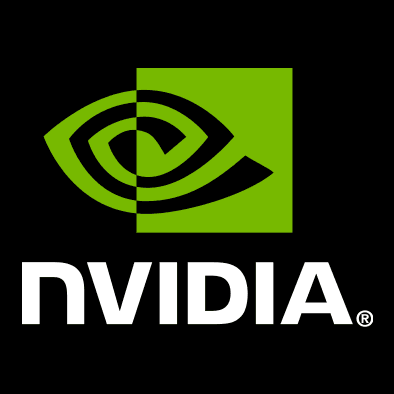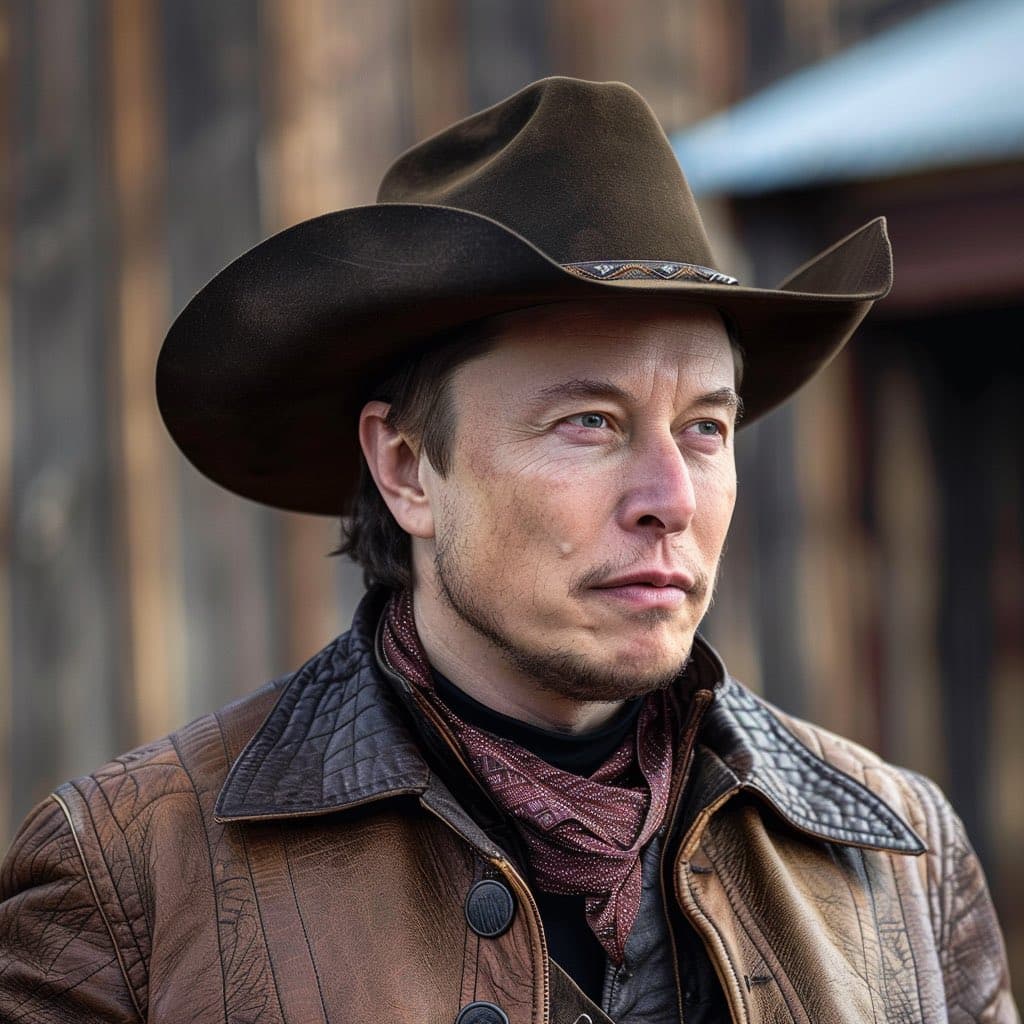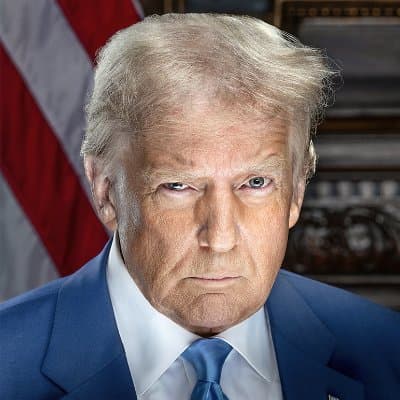Modi-Musk Talks Spark Excitement Over India-U.S. Tech Collaboration
Prime Minister Narendra Modi and Elon Musk recently held discussions focused on future collaboration in technology and innovation. Their conversation explored opportunities across electric vehicles, satellite internet, and space technology. Musk also confirmed plans to visit India later this year, signaling growing alignment between India and global tech giants.

In a significant development that could shape the future of India’s technology landscape, Indian Prime Minister Narendra Modi and Tesla CEO Elon Musk have discussed deepening technological cooperation. Their conversation, which builds upon a previous meeting in Washington, D.C., centered on key sectors including electric mobility, satellite broadband, and space innovation.
Electric Vehicle Push in India
One of the major points of discussion was Tesla’s potential entry into the Indian market. With India pushing for a green revolution in transportation, the government is actively inviting global electric vehicle manufacturers. Elon Musk has shown strong interest in establishing a presence in India, including plans for local manufacturing and distribution networks to support Tesla’s vehicles and energy products.
Starlink Internet Services in Remote Areas
Another highlight of the conversation was the potential launch of SpaceX’s Starlink satellite internet service in India. With a large portion of India’s rural population still lacking reliable internet connectivity, Starlink could play a crucial role in bridging the digital divide. High-speed satellite internet could revolutionize access to education, healthcare, and e-governance in underserved regions.
Also Read: Nvidia's Strategic Challenge: AI Chip Leader Faces Setback Amid U.S.-China Trade Pressures
Space Technology and Innovation
India’s growing ambitions in the space sector also aligned with Musk’s interests through SpaceX. The discussion touched upon possibilities for joint research and development, satellite deployment, and sharing of technological expertise to further strengthen India’s space capabilities.
Musk’s Upcoming India Visit
Following the discussion, Elon Musk announced his plans to visit India later this year. This visit is expected to formalize potential deals and collaborations discussed during the talks. It also demonstrates the increasing relevance of India on the global tech stage and its appeal to major international companies seeking growth and innovation.
A Step Toward Strategic Tech Partnership
The dialogue between Modi and Musk marks a promising step toward building a strategic tech partnership between India and global tech innovators. With the Indian government’s push for digital transformation and sustainability, combined with Musk’s pioneering ventures, the partnership could bring transformative changes to India’s economy and infrastructure.
You may also like

Nvidia's Strategic Challenge: AI Chip Leader Faces Setback Amid U.S.-China Trade Pressures
Summary
Read Full
open_in_newNvidia, a global leader in AI chip technology, is grappling with new U.S. export restrictions that affect its custom-designed H20 chip for China. With the revised rules halting shipments without a special license, Nvidia could see a $5.5 billion hit to revenue. This development highlights the growing geopolitical tensions surrounding advanced technology and their impact on semiconductor firms.

OpenAI Introduces Codex CLI: Revolutionary Local AI Coding Assistant for Developers
Summary
Read Full
open_in_newOpenAI has unveiled Codex CLI, a powerful AI-powered coding tool that operates directly in the terminal. Designed for developers, this local agent can write, edit, and execute commands without needing to send sensitive code to the cloud—combining privacy with productivity.

Summary
Read Full
open_in_newOpenAI has successfully raised $40 billion in a landmark funding round, pushing its valuation to an impressive $300 billion. With investments from SoftBank, Microsoft, and other major players, this funding aims to accelerate AI research, expand computing infrastructure, and enhance user tools for ChatGPT’s growing audience. The investment solidifies OpenAI’s dominance in the artificial intelligence industry and fuels its ambitions to develop next-generation AI systems.

ChatGPT's New Image Generation Capabilities: A Game-Changer in AI Creativity
Summary
Read Full
open_in_newArtificial intelligence is revolutionizing creative industries, and OpenAI's ChatGPT has taken a significant leap forward with its new image generation capabilities. This powerful feature allows users to generate high-quality images from text prompts, making it an essential tool for designers, marketers, content creators, and businesses. In this article, we’ll explore how ChatGPT's image generation works and share the best tips for generating stunning images.

H3C Warns of Nvidia AI Chip Shortage as Demand Surges in China
Summary
Read Full
open_in_newChinese server manufacturer H3C has cautioned customers about an impending shortage of Nvidia's H20 AI chips due to soaring demand and supply chain disruptions. As major Chinese tech giants like Tencent, Alibaba, and ByteDance continue expanding their AI capabilities, the increasing demand for these chips has intensified concerns about limited availability. This potential shortage highlights broader supply chain challenges amid ongoing geopolitical tensions affecting semiconductor exports.

BlackRock Introduces First Bitcoin Exchange-Traded Product in Europe
Summary
Read Full
open_in_newBlackRock, the world's largest asset manager, has launched its inaugural Bitcoin exchange-traded product (ETP) in Europe. The iShares Bitcoin ETP is listed on exchanges in Paris, Amsterdam, and Frankfurt, providing European investors with a regulated avenue for cryptocurrency exposure. This move follows the success of BlackRock's similar offerings in the United States.

Ant Group's AI Breakthrough Using Chinese Chips Sparks Praise Amid Global Tech Tensions
Summary
Read Full
open_in_newAnt Group, a fintech affiliate of Alibaba, claims to have cut AI training costs by 20% using Chinese-made chips. This breakthrough has drawn attention as a sign of China’s growing self-sufficiency in AI and semiconductors, with entrepreneur Arnaud Bertrand stating it shows China has effectively countered U.S. chip sanctions. The move highlights Beijing’s progress in reducing reliance on foreign technology amidst ongoing global tech competition.
Post a comment
Comments
Most Popular



























































































































